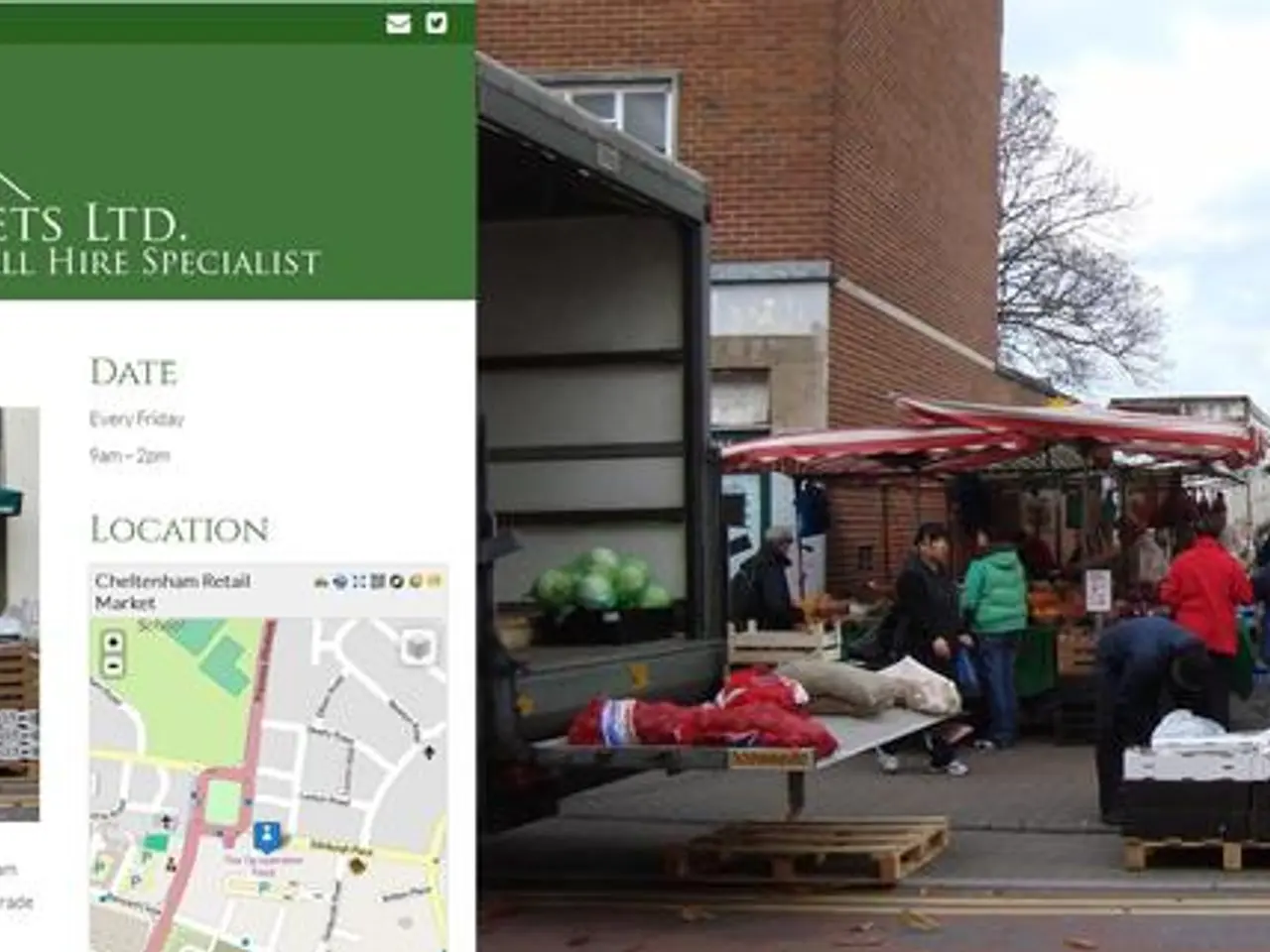EU Poverty Rises: French Poverty Rates Reach a 30-year Peak
In the European Union, the issue of poverty and social exclusion is a pressing concern, with over one in five people at risk in 2024. This alarming statistic highlights the urgent need to address these issues, particularly for specific demographic groups such as women, young adults, and those with a low level of educational attainment.
One of the key challenges faced by EU citizens is the rising cost of housing, which contributes to poverty and social exclusion. High rent and housing costs, especially in urban areas, put a strain on the budgets of low-income and vulnerable populations.
Employment opportunities and precarious work conditions are another significant concern, especially for young people and those with lower skill levels. Unemployment in the EU is going down among all age groups except young people, which further exacerbates the issue.
Inadequate access to healthcare, education, and social support services compounds the issues of poverty and exclusion. These essential services are crucial for maintaining a decent standard of living and ensuring that all EU citizens have the opportunity to thrive.
Poverty levels and social exclusion statistics by EU country reveal a wide disparity. In 2023, the average risk of poverty or social exclusion in the EU-27 was 16.2%. Bulgaria reported the highest share of people at risk (30.3%), followed by Romania (27.9%) and Greece (26.9%). On the other hand, some of the lowest poverty rates were observed in Czechia (9.8%), Denmark (11.8%), and Slovenia (12.7%).
Several factors contribute to higher poverty risk among specific demographics. Young people, particularly those aged 15-29, are at a higher risk of poverty or social exclusion. Single-parent households face a greater risk of poverty due to limited financial resources. Those with lower educational attainment or lacking specific skills are more vulnerable to unemployment and poverty. Women are disproportionately affected by poverty and social exclusion due to income disparities and caregiving responsibilities.
The European Anti-Poverty Network (EAPN) has stated that systemic inequalities affect people at key life stages, with women often carrying unpaid care burdens and young people struggling to access stable jobs and housing. The rise in France's poverty rate particularly affected single-parent families and children. In Cyprus, 18.5% of women are at risk of poverty or social exclusion compared to 15.6% of men.
These findings underscore the need for targeted policies to address the socio-economic challenges faced by at-risk populations in the EU. By understanding and addressing the factors that contribute to poverty and social exclusion, we can work towards creating a more equitable and inclusive society for all EU citizens.
To alleviate the pressing issue of poverty and social exclusion in the EU, it is essential to focus on personal-finance matters in relation to specific demographic groups. For instance, young adults and single-parent households could benefit from education and support services aimed at improving their financial literacy, helping them make more informed decisions about housing and employment. Additionally, promoting more robust business opportunities and financial support for small and medium enterprises (SMEs) in urban areas could mitigate the exorbitant costs of rent and utilities, reducing the financial burden on low-income and marginalized populations.




